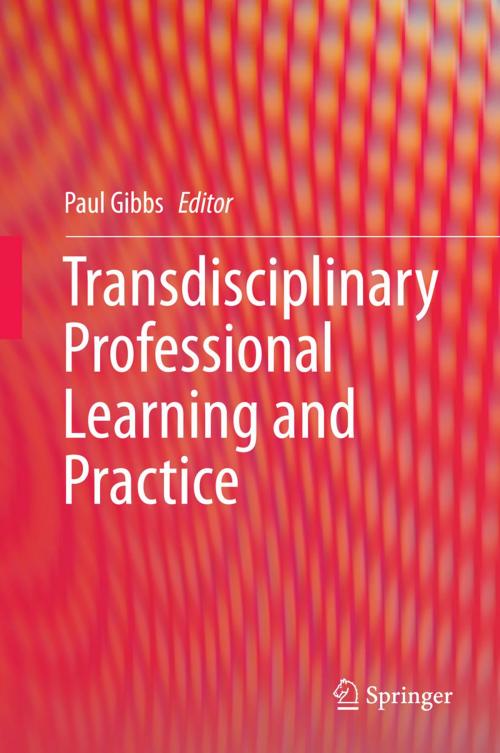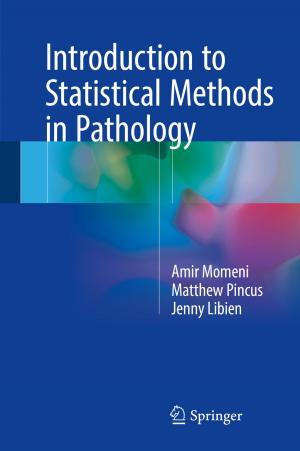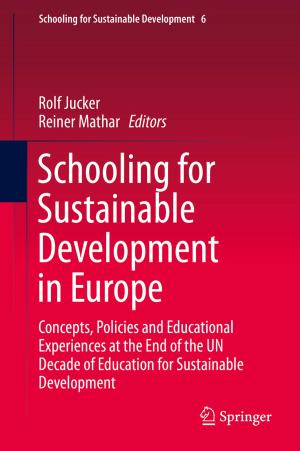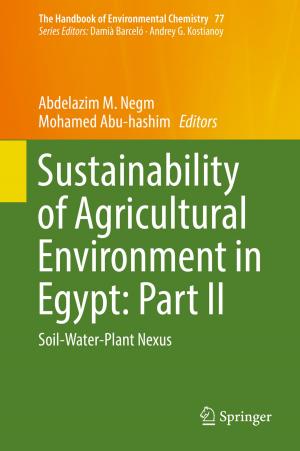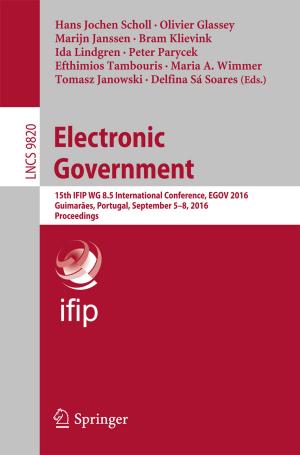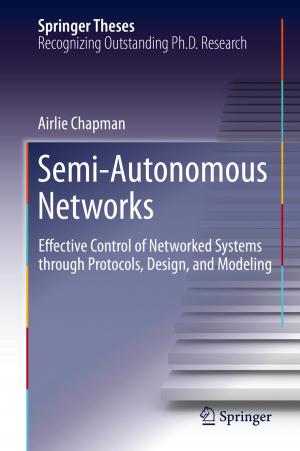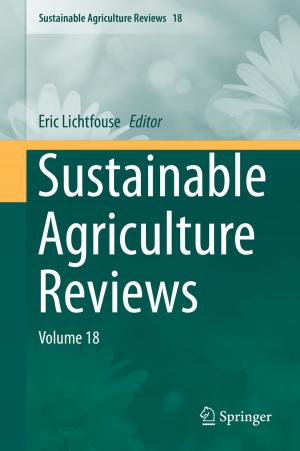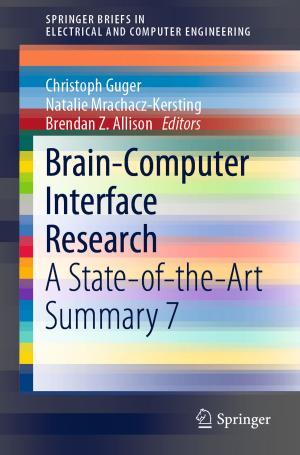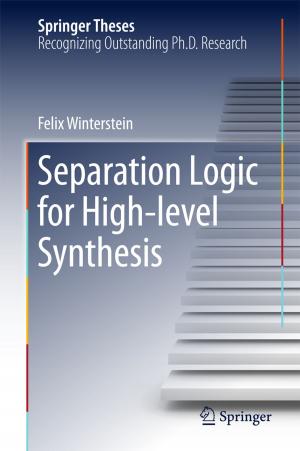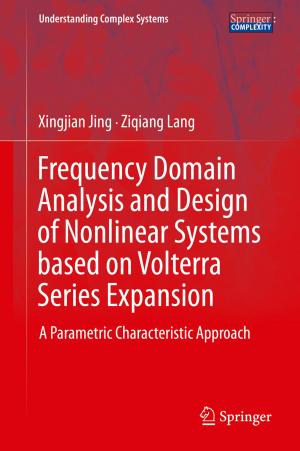Transdisciplinary Professional Learning and Practice
Nonfiction, Reference & Language, Education & Teaching, Counseling & Guidance, Educational Theory, Philosophy & Social Aspects| Author: | ISBN: | 9783319115900 | |
| Publisher: | Springer International Publishing | Publication: | January 6, 2015 |
| Imprint: | Springer | Language: | English |
| Author: | |
| ISBN: | 9783319115900 |
| Publisher: | Springer International Publishing |
| Publication: | January 6, 2015 |
| Imprint: | Springer |
| Language: | English |
This book presents thinking about and through transdisciplinary and professional development as an educative process. Rather than focusing on the delineation of the approaches offered, an analysis of these contributions points to commonality in those problems that benefit from a transdisciplinary perspective. The core elements of transdisciplinarity can lead to what might be called metanoia - another way of knowing; a knowing which is ‘beyond that which is creative and transformative. This poses challenges for the practice of all professionals and is the core issue that this book addresses. The book brings together the constituting views of transdisciplinarity, or metanoia, and focus them on current professional practice. The book is structured in two parts and five sections. The first part deals with key issues in Transdisciplinarity; its actuality and how it creates knowledge. Section 1 has three original papers which look at Transdisciplinarity from a different lens. Especially, the Islamic voice has not been heard in this context before. Section 2 considers the knowledge aspect of Transdisciplinarity and how this might be confronted with existing disciplinary knowledge. Part 2 of the book is directly focused on professionals and their education. The third section considers research pedagogy and graduate education for the professional. This is followed in section 4 which offers a discussion on team work. In the final section six chapters present the transdisciplinary practitioner in different contexts.
This book presents thinking about and through transdisciplinary and professional development as an educative process. Rather than focusing on the delineation of the approaches offered, an analysis of these contributions points to commonality in those problems that benefit from a transdisciplinary perspective. The core elements of transdisciplinarity can lead to what might be called metanoia - another way of knowing; a knowing which is ‘beyond that which is creative and transformative. This poses challenges for the practice of all professionals and is the core issue that this book addresses. The book brings together the constituting views of transdisciplinarity, or metanoia, and focus them on current professional practice. The book is structured in two parts and five sections. The first part deals with key issues in Transdisciplinarity; its actuality and how it creates knowledge. Section 1 has three original papers which look at Transdisciplinarity from a different lens. Especially, the Islamic voice has not been heard in this context before. Section 2 considers the knowledge aspect of Transdisciplinarity and how this might be confronted with existing disciplinary knowledge. Part 2 of the book is directly focused on professionals and their education. The third section considers research pedagogy and graduate education for the professional. This is followed in section 4 which offers a discussion on team work. In the final section six chapters present the transdisciplinary practitioner in different contexts.
